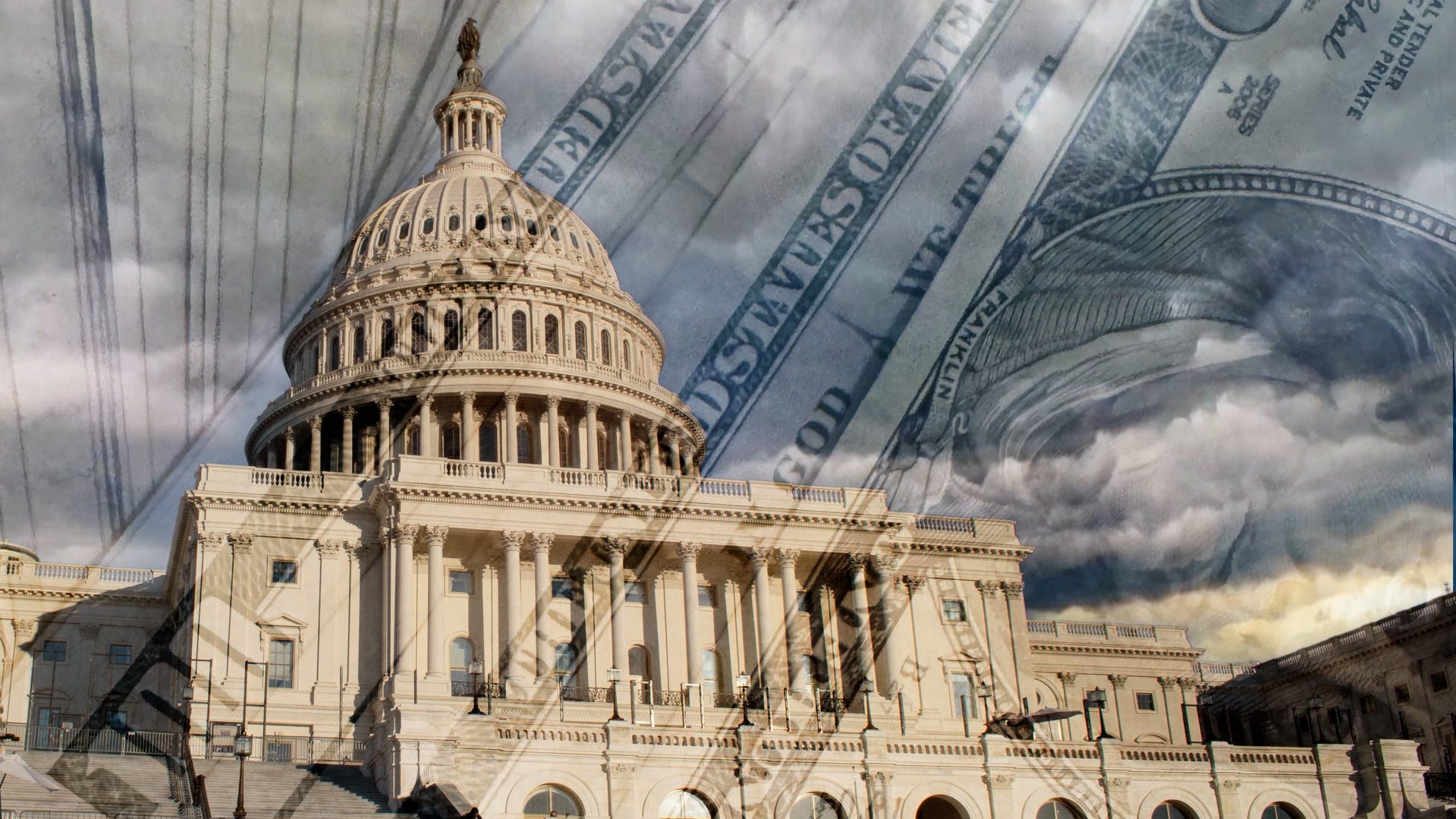'Trump accounts' for babies? Why the White House is pushing cash for kids
The program for babies born during Trump's second term would involve a one-time $1,000 federal contribution into an index fund tied to the stock market – with some of the money available at age 18.

WASHINGTON – In his first term, President Donald Trump made waves when he put his name on stimulus checks the U.S. government sent to millions of Americans during the COVID-19 pandemic.
Now, the Republican president is celebrating a provision tucked into the GOP tax bill that would create and affix his name onto investment accounts for babies, if the legislation that very narrowly passed the House makes it through the Senate and becomes law.
The program for American children born during Trump's current term would involve a one-time contribution from the federal government of $1,000 per toddler into a mutual fund or index fund that is tied to the performance of the stock market.
The legislation also allows for parents, churches, and private foundations to make contributions of up to $5,000 annually during childhood – which the child could access when they turn 18 to pay for education, training or a first-time home purchase. The full balance would be available at age 30.
"They'll really be getting a big jump on life, especially if we get a little bit lucky with some of the numbers and the economies into the future," Trump said at a June 9 event at the White House touting the legislation.
House Republicans changed the name of the program from "MAGA accounts" to "Trump accounts" before the bill's passage last month, offering the president a tangible benefit for working-class Americans that he can put his stamp on.
The program also serves as a counter to Democratic arguments that the legislation that extends the GOP's 2017 tax cuts primarily helps the nation's wealthiest Americans. Trump announced at his June 9 event that a handful of large corporations have further pledged to contribute to their employees' accounts.
Trump is set to leave office on Jan. 20, 2029, but he and the GOP could benefit politically from the creation of the program in the 2026 campaign. Midterm elections have historically been unkind to the sitting president's political party, and Republicans have been sprinting to get their tax cut bill through quick enough to improve their political fortunes.
Ahead of Trump's event, White House Press Secretary Karoline Leavitt said the bill would "change the lives of working, middle class families across America" through tax cuts, increasing the child tax credit, "AND by creating this incredible new “'Trump Account' program, which will put the lives of young Americans on the right financial path!”
White House pushes 'Trump accounts' as Senate debates tax cut bill
The House overcame a myriad of obstacles, coming from pockets of lawmakers in the GOP and a unified opposition from Democrat, to pass the lower chamber in late May. It has since run into trouble in the Senate, where conservative Republicans have raised fresh concerns that the bill would balloon the national debt.
They are also fighting over provisions dealing with Medicaid and the state and local tax deduction, or SALT, that were critical to the bill's passage in the House. Fewer than three Republicans can defect for the bill to pass. Sen. Rand Paul, R-Kentucky, has said he's a no, and senators such as Ron Johnson, R-Wisconsin, have pushed to get the price tag down.
Republicans are aiming to get the bill through the Senate, approved again by the House and to Trump for his signature by July 4. But the president also echoed some GOP lawmakers in acknowledging that the party's self-imposed deadline could slip.
"I've encouraged my dear friends and colleagues over there don't modify it too much, because we've got a very delicate balance that we've reached and it took us a long time to get there. And we don't want to upset that balance too much," House Speaker Mike Johnson said during Trump's roundtable event at the White House. Johnson added: "So they're putting their fingerprints on it. I think – I hope – it will be a light touch, and they'll send it back, and we'll get this thing done, and get it to the president's desk."
Trump has been putting public and private pressure on lawmakers to vote for the bill. The White House last week touted support from police officers in a bid to bring attention to Trump's fulfillment of a campaign pledge in the legislation to eliminate taxes on overtime.
CEOs pledge to invest in 'Trump account' program
Trump's turning his attention to the investment fund for newborns in the legislation that would start as a pilot program. The benefit is backdated to run between Jan. 1, 2024, and Jan. 1, 2029, just before the end of Trump's term, though the White House hopes the program will be so popular that it is permanently extended.
The White House offered to sweeten the pot on June 9, when it said the CEOs of several large corporations would make billons of dollars in additional investments into accounts for the children of their employees.
Dell Technologies, Salesforce, Uber and Goldman Sachs were among the companies the White House said would be participating.
"Dell technologies will match the government's contributions, dollar for dollar, for every child born to a Dell team member," said Michael Dell, the CEO of Dell Technologies, at Trump's event. Calling it an "investment" in America's future.
Nvidia CEO Jensen Huang called Trump's plan "visionary – a seed fund for America’s next generation" in a statement before the event and said his company would contribute an unspecified amount to the accounts of its employees' children.